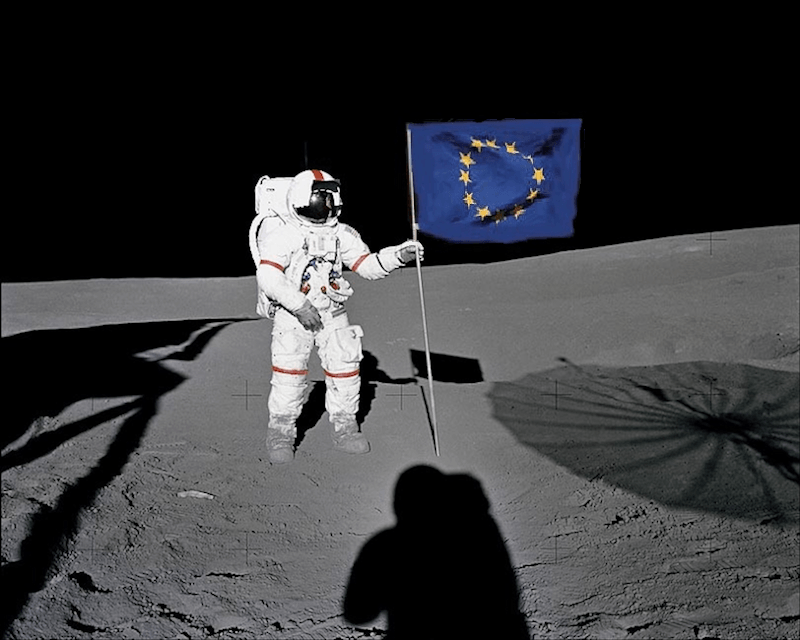Win the New Space Race
Space is rapidly transforming from a scientific frontier into a field of economic and military competition.
Europe must defend its interests and secure our lead in the new space race.
The space race has been reignited.
Rapid advancements driven by the private sector, emerging government space programmes, renewed geopolitical tensions, and an increased threat of near-peer conflict have put space on the verge of widespread commercialization, exploration, and economic development.
However, Europe is trailing behind. Although the European Space Agency remains one of the most active contributors to the International Space Station, and a valuable research partner for others, our vision for space remains limited to scientific research.
By contrast, the rest of the world has accelerated investments to boost their national space industries. In the last ten years, $231B of venture capital has been invested worldwide; investments made by EU countries account for less than 5% of that.
This situation poses not only an economic risk, but also a strategic military risk. The formal establishment of the US Space Command, as well as recent advances towards the militarization of space from China and Russia, is leaving Europe vulnerable and dependent on increasingly erratic and unreliable allies.
To address this situation, Europe must urgently revise and redefine its vision for space as the new frontier of global competition, and set clear policy objectives to secure a leading position in the new space race.
As a first step, immediate action should be taken to:
● Increase the availability of funding through the European Investment Fund
● Consolidate all EU national space programs into the European Space Agency
● Set up dedicated incubators for European private space companies
● Increase funding for academic education and research in relevant space topics
● Bring the European Space Agency under EU control
Implementing the above measures should be done in parallel with a public debate around the long-term potential of space to support Europe’s strategic and geopolitical objectives.
